Based on Liam Newman's blog post, have a look at this cleaned up snippet for Slack only in scripted pipelines (declarative pipeline users scroll down). It uses original Jenkins results, message formatting, better colors (based on EclEmma), and some Groovy features like default arguments:
def notifySlack(String buildStatus = 'STARTED') {
// Build status of null means success.
buildStatus = buildStatus ?: 'SUCCESS'
def color
if (buildStatus == 'STARTED') {
color = '#D4DADF'
} else if (buildStatus == 'SUCCESS') {
color = '#BDFFC3'
} else if (buildStatus == 'UNSTABLE') {
color = '#FFFE89'
} else {
color = '#FF9FA1'
}
def msg = "${buildStatus}: `${env.JOB_NAME}` #${env.BUILD_NUMBER}:\n${env.BUILD_URL}"
slackSend(color: color, message: msg)
}
node {
try {
notifySlack()
// Existing build steps.
} catch (e) {
currentBuild.result = 'FAILURE'
throw e
} finally {
notifySlack(currentBuild.result)
}
}
The output will be something like this (play around with different formatting styles here):

Maybe env.JOB_NAME contains encoded slashes (%2F) which can be fixed with replaceAll("%2F", "/"). Check out this Gist to see how to notify HipChat as well.
If you have a declarative pipeline, have a look at the Jenkins documentation on "Cleaning up and notifications" or Liam Newman's follow-up post "Declarative Pipeline: Notifications and Shared Libraries".
